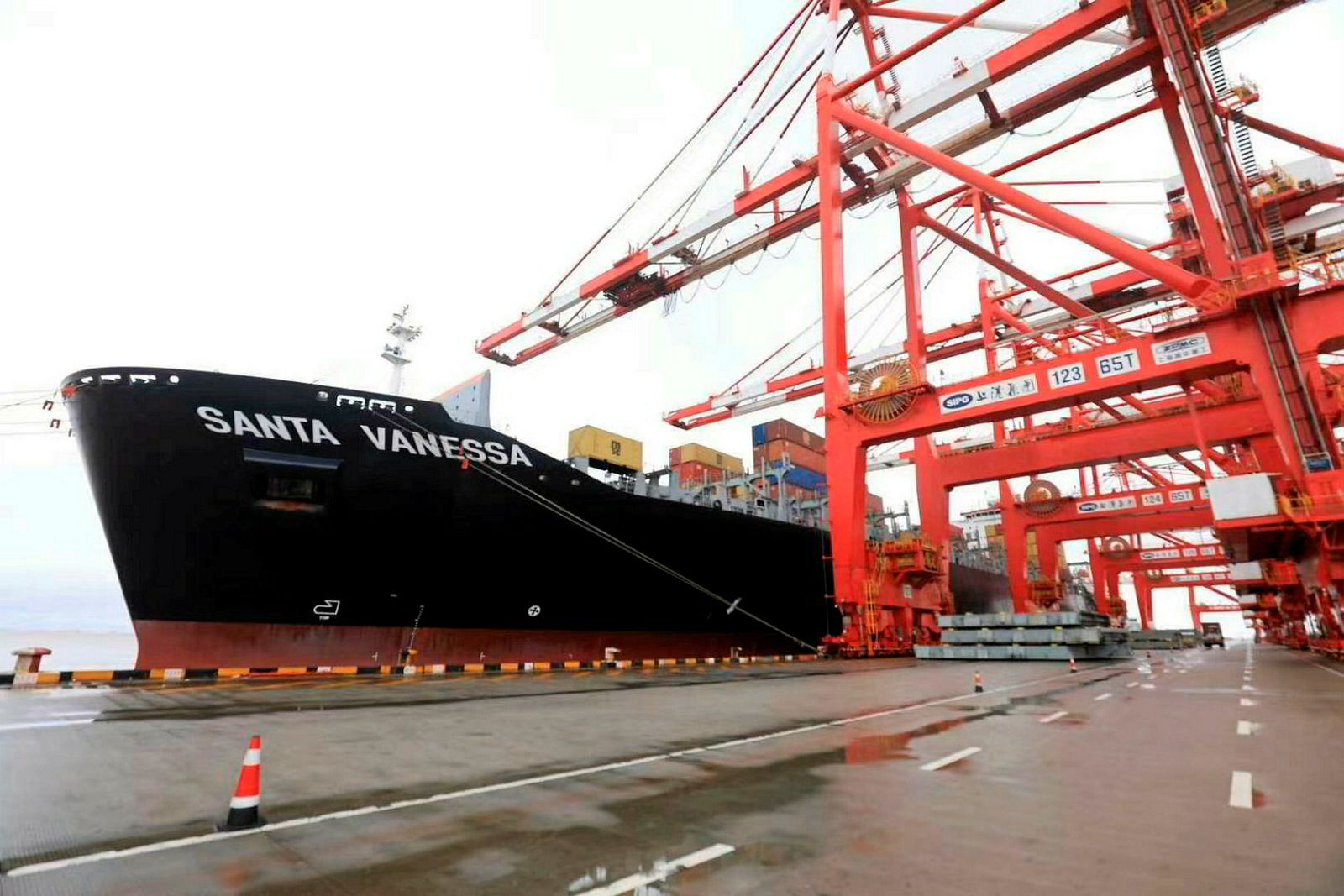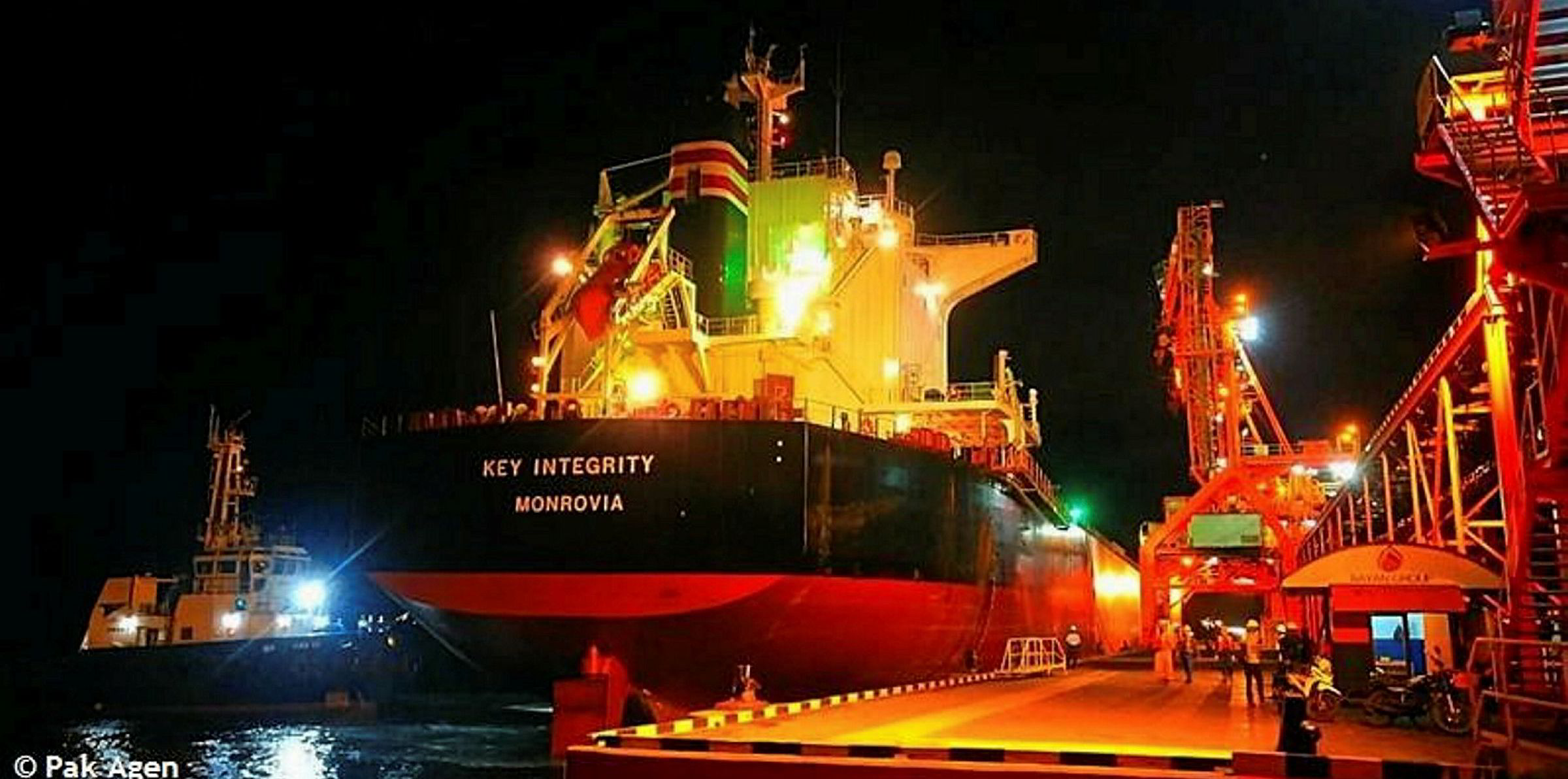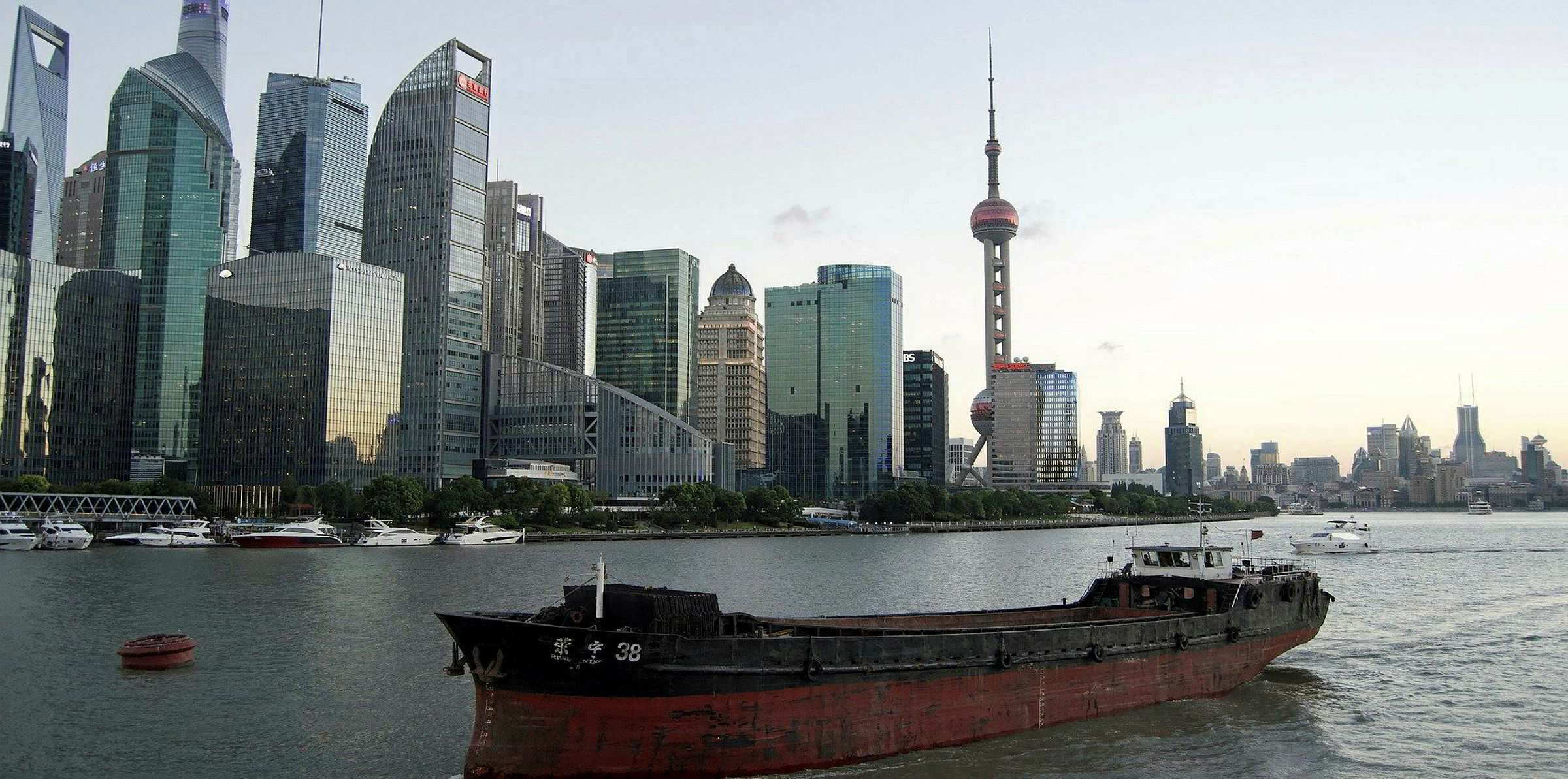New Covid-19 measures are making it more difficult for foreign shipping companies and service providers to do business in China.
The nation has introduced a package of restrictions that includes banning entry to residents of a list of countries including the UK, the Philippines, Bangladesh and Belgium — even if they have a valid visa.
The rules require blood tests for Covid-19 antibodies, in addition to the blood and saliva tests already in place for active coronavirus infections.
Port agents in China believe a consequence of this will be delays in the implementation of recently relaxed crew-change routines, especially at discharge ports.
For international staff including shipowner employees, shipyard subcontractors and classification society officials, Chinese sources said the antibody test particularly will make operational planning more uncertain, since many of those who have developed the antibody are not aware of it.
China banned entry to visa-holders in March, but it was lifted in September and replaced with supervised quarantines and thorough testing for foreign business people, diplomats and other long-term foreign residents.
During the ban, foreign business people in China were faced with the choice of remaining in the country indefinitely or travelling home in the knowledge that they could not come back.
However, the dilemma has returned for nationals of the blacklisted countries.
One official at a major European tanker owner, who returned to China this week, told TradeWinds by phone from a Shanghai quarantine hotel that he expects the job could now become more difficult.
He said that he and the shipyard, where he is supervising newbuildings, have shifted to Chinese suppliers and subcontractors for their needs.
In cases where foreign collaboration is required, recently relaxed rules have enabled foreign workers to do their job more quickly than at the height of the pandemic.
But now, the antibody testing rule especially creates uncertainty about who his shipbuilding team can call on.
"The rules keep changing so fast," he said. "What is valid one day can be changed the next."
According to a New York Times report on Thursday, the antibody testing requirement has been imposed after a Chinese woman visited Sweden, contracted Covid-19, recovered, and then tested positive for Covid-19 again after returning to China.
Meanwhile, the liberalisation of crew-change procedures in China could be affected by the new rules.
One port official at Zhoushan told TradeWinds that so far no new policies have been handed down specifically for crew exchange this week and as of Friday, exchanges are continuing as previously.
Last month, TradeWinds reported that Chinese central authorities had announced that crew changes at 10 ports would be made easier. The ports named were Dalian, Tianjin, Qingdao, Shanghai, Ningbo-Zhoushan, Fuzhou, Xiamen, Guangzhou, Shenzhen and Haikou.
But the China head of one major port agent said the liberalisation has not happened yet in practice in all those ports.
"What was announced was only a central government policy," he said. "Local officials still have to implement it in practice and, at some of the ports such as Dalian, things have opened up a bit.
"But at others, such as Qingdao, where they have had new cases of Covid-19, the ports have not really opened up for crew changes yet. And these new rules could make them even slower to do it."






